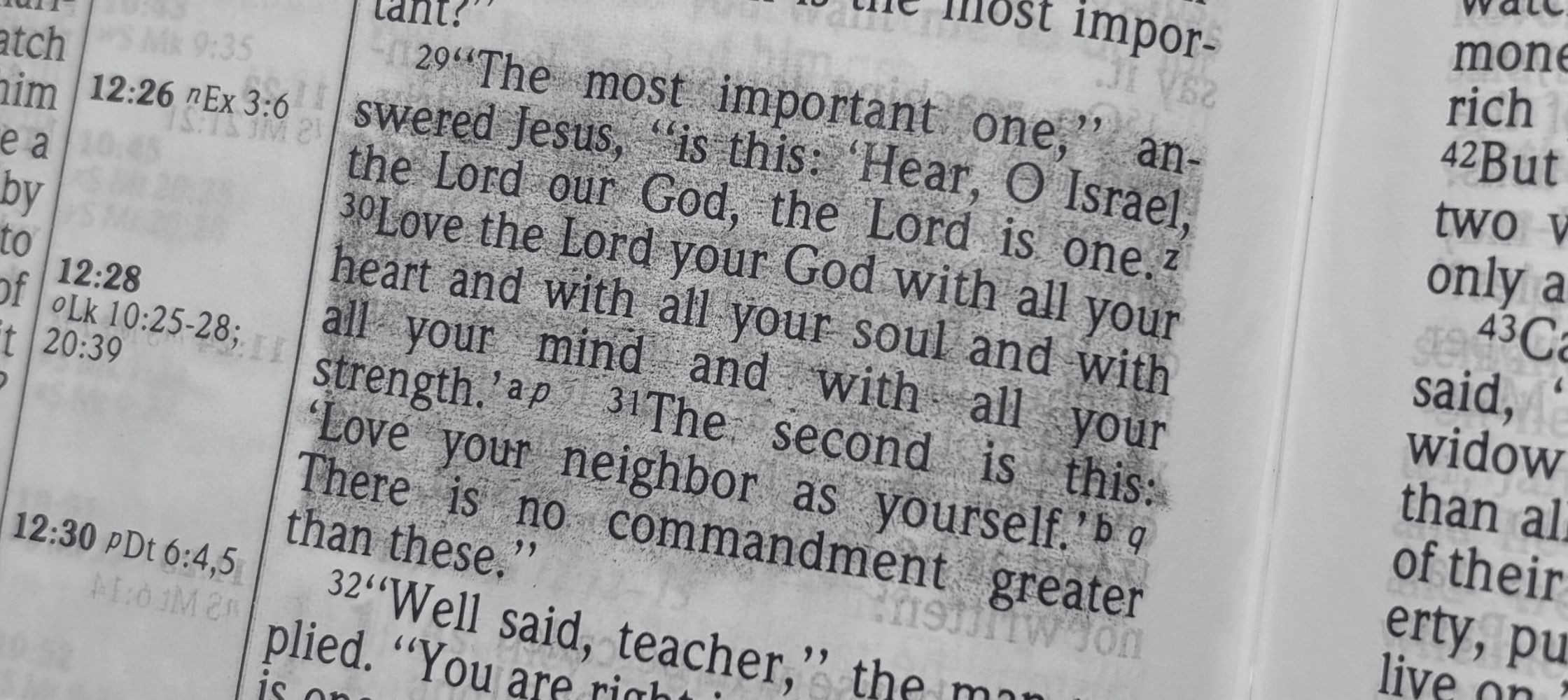Thank you! Your submission has been received!
Oops! Something went wrong while submitting the form.

By: Robert E. Zink
June 6, 2022
We have a sin problem in our evangelism. One of the interesting paradoxes of evangelism is that the existence of sin in our fallen world necessitates evangelism, while a lack of evangelism is an issue of sin within our own hearts. While pointing that out, though, that's not the issue of sin that I intend to highlight here. The problem of corruption I reference is how we present sin when we evangelize.
In the middle of sharing the gospel, how often do you hear someone say, “ . . . but God hates sin." This statement is not untrue. Indeed, man's sinfulness is incompatible with God's holiness. However, sin is not God's problem; sin is man's problem. While that is not a popular position, especially when we are sharing with an unbeliever entrenched in modern culture, it becomes a necessary conviction. Allow me to share some thoughts on the topic.
When Sin Is Considered God’s ProblemThe issue is that we make sin God's problem in our evangelism. We do this by saying things like, 'God is offended by sin' or 'God despises sin.' Once again, these statements are true, but when they are not qualified by humanity's participation in sin, then it sounds as though sin is simply a matter of preference that the Lord should learn to tolerate. Sin is much more than this, of course. Emphasizing God’s intolerance of sin above man’s tolerance of sin influences our response to sin. When viewed in this way, sin becomes something not to be avoided but to be hidden. In this way, because sin is simply something God disapproves of, it only needs to be hidden from that Him. Of course, we cannot suppress the knowledge of sin from a God who knows all, but that's not how we think. A further concern is that sin starts to become more acceptable and permissible without the limitations of conviction put into place.
When Sin Is Considered Man’s ProblemThe solution to this issue is to stress each person's role in giving themselves over to sin; that is to say, we make sin a problem of humanity—of everyone, not simply God’s problem. The sin that is an issue of one's own heart, rather than someone else's approval, requires intervention. When the problem of corruption is that God dislikes it, there is little motivation for an unbeliever to eradicate it. However, when the concern of sin is that it consumes and destroys an individual, it requires action. In that regard, then, sin must be dealt with intentionally and thoroughly.
The result is that instead of hiding sin, a person may be more willing to expose it in order to exterminate it. Of course, the only way to overcome the corrupting work of sin is by the work of Christ. In this way, then, exposing a person to his/her own sin exposes him/her to the need of Christ. Presenting the gospel becomes both necessary and practical by bringing about repentance and reconciliation between Christ and the person made in Christ's image.
As we share the gospel it is appropriate to highlight God's loathing of sin. However, in sharing that truth, let us not avoid articulating man's cooperation with sin and their personal involvement and its destructive nature in their life. Sin is not simply something for God to overcome, but something humans must deal with by allowing God to overcome it for them (through Christ).
